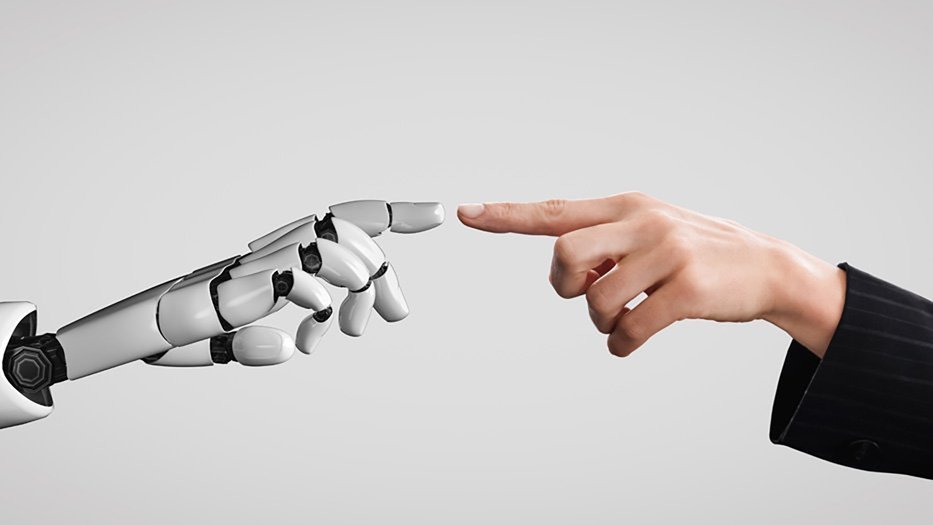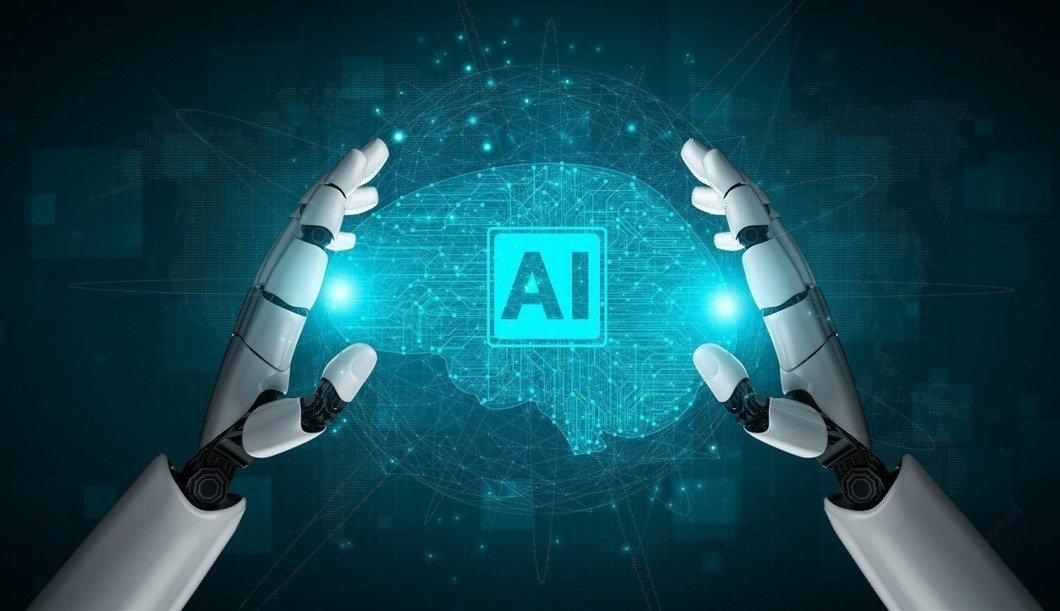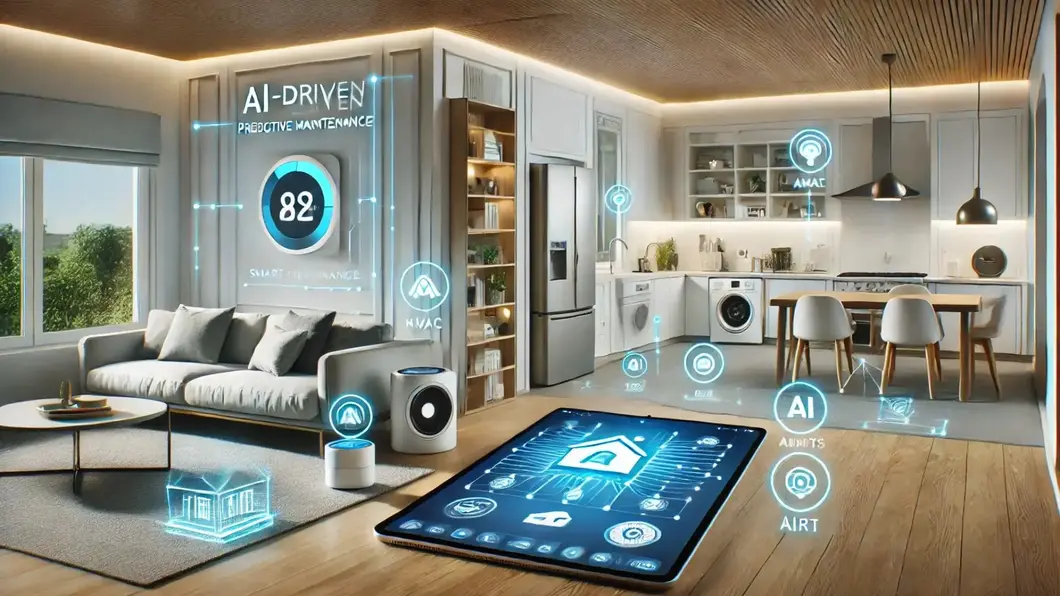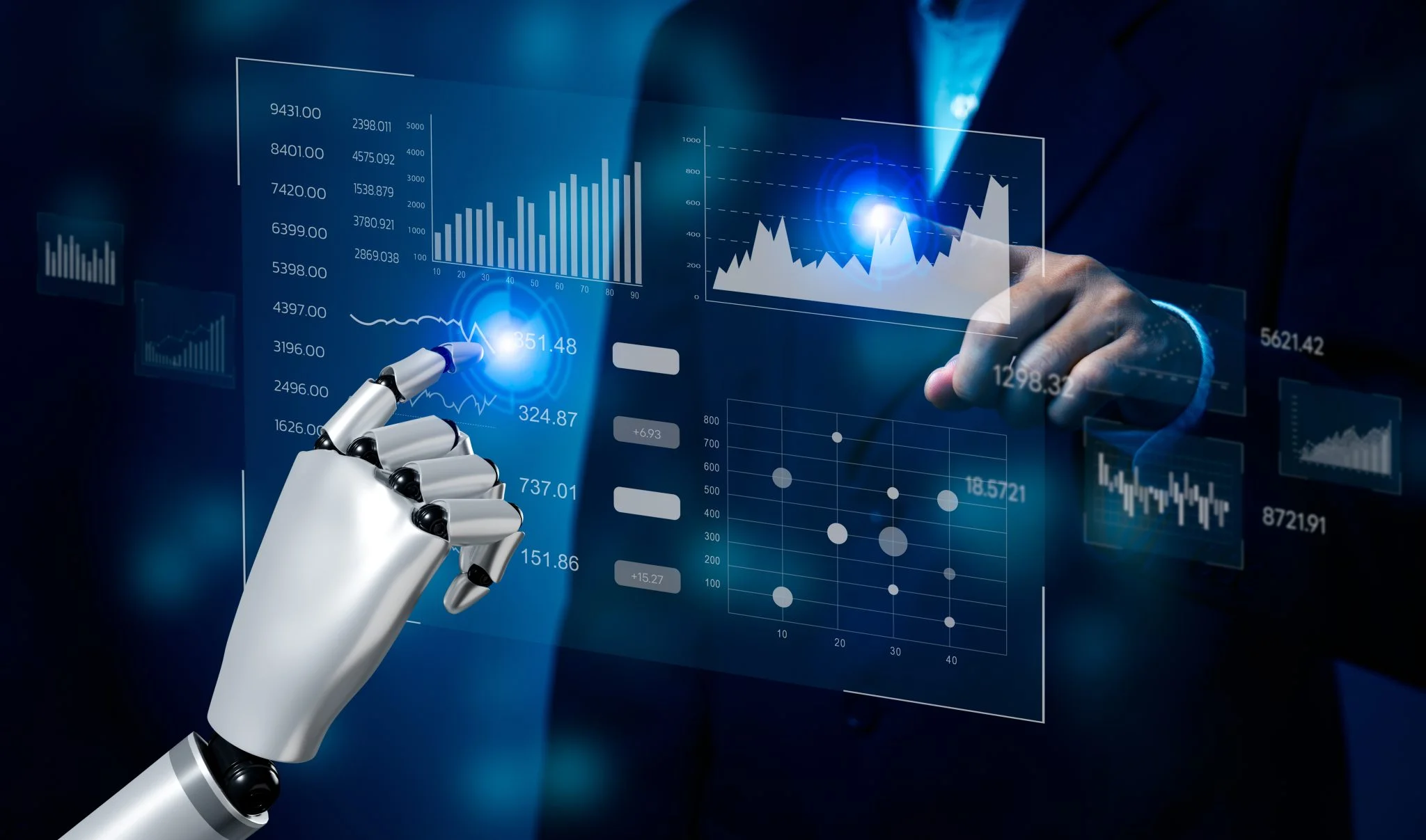
Artificial intelligence (AI) was once a futuristic concept, but it has now become a significant force shaping our society. From automated customer service to self-driving cars and generative algorithms, AI now permeates almost every aspect of our digital lives. But as AI becomes smarter and more independent, important questions arise about its ethical implications. Is it possible for us to develop tools that exceed or even surpass human judgement? Could machines surpass our intelligence? These questions are relevant not only in the distant future but also in the present. Some ethical issues surrounding AI include data privacy and surveillance, algorithmic bias, job losses, and even the power to decide on wars. This article delves into the ethical issues surrounding AI and examines whether there is automation that is “too smart” and what that means for humanity’s future.
The Advancement of Intelligent Automation
Artificial intelligence (AI) has developed enormously over the past decade. It has evolved from simple machine learning models to sophisticated neural networks that can learn and adapt autonomously. Companies like Google, Microsoft, and OpenAI are pushing the boundaries of what’s possible by building systems that can understand and use human language, make decisions, and sense emotions. This innovation innovation has led to impressive advances in healthcare, education, and logistics, but it has also opened a Pandora’s box of ethical questions. When does automation go from being useful to being dangerous? The growing sophistication of AI blurs the boundaries between tool and entity, prompting us to reassess accountability, control, and moral responsibility.
Algorithmic Bias and Social Injustice
Algorithmic bias is one of the most concerning ethical issues with intelligent AI. Data, which often reflects historical and social injustices, determines the effectiveness of AI systems. As a result, AI can unintentionally exacerbate racial, gender, or socioeconomic biases. For example, hiring algorithms may favour men because of their previous leadership positions, and facial recognition technology may not accurately identify people of colour. These issues can cause real-world discrimination and injustice, not just system flaws. The smarter AI becomes, the more we rely on it, and the more severe the consequences of its mistakes. To ensure that AI supports fairness rather than bias, developers and companies must follow ethical guidelines.
Threats to Jobs and Economic Inequality
Intelligent automation has already replaced millions of jobs, and this could continue as AI develops. Companies want to cut costs and make their work more efficient, so they employ diverse technologies, from warehouse robots to AI-driven customer service. But such innovation also comes at a societal cost: it widens the gap between those who control the technology and those it replaces. Some argue that automation makes people economically useless, diminishing their value and undermining their dignity. The ethical question is how we can embrace the future while simultaneously protecting workers. How can we do this? There are many ideas about how to address this problem, such as a universal basic income, reskilling programs, and working with AI. However, none of these ideas are simple or widely accepted.
AI and the Autonomy Problem
As AI becomes better at making decisions independently, the question of control becomes more important. Should machines like self-driving cars or military drones be able to make life-and-death decisions? Autonomous systems make it harder to hold people accountable in the usual way. If AI makes a fatal error, who is responsible: the developer, the user, or the algorithm itself? These questions are not only crucial for legislators; they also have a major impact on how much trust people have in technology. The “black box” problem arises when AI becomes too complex and starts doing things that are difficult to predict or explain. One day, we might no longer fully understand how or why an AI makes a choice. This poses a major threat to ethics, government, and public safety.
The Role of Regulation and Governance
Regulation is essential to ethically manage the rise of intelligent automation. However, most countries still lack robust legislation related to AI. Tech companies frequently tread a narrow path, prioritising profit and innovation over ethical conduct. Governments are only just beginning to implement regulations like the EU AI Act and UNESCO’s AI Ethics Guidelines. But enforcing these rules remains challenging, especially across borders. AI must be managed proactively, openly, and fairly. Experts say ethicists, psychologists, and sociologists should join AI research teams to ensure all areas are covered. If AI is not properly managed, it could become too powerful to control, ultimately leading to a future where ethics is no longer a primary concern.
Conclusion
Whether automation is too smart is not just a philosophical question but also a practical and important moral one. As AI increasingly becomes part of our lives, we must consider what its intelligence means for us. Smarter AI makes smarter choices, but that also means greater risks and less room for error. The ethics of AI impact every aspect of our society, from employment and social justice to security and governance. We can’t just come up with new ideas; we must do so responsibly. What computers can do isn’t the only thing that matters for the future of AI; what they should do is just as important. We are the ones who create, use, and regulate automation, so it’s our responsibility to ensure it benefits humanity, not the other way around.
FAQs
1. Can AI make ethical choices?
AI can mimic the way humans make decisions based on rules or patterns in data, but it can’t truly distinguish right from wrong. AI can’t feel empathy or consider human values until it’s programmed, making its “ethics” limited and applicable only to specific situations.
2. Are there currently any regulations for AI?
Some regions, such as the European Union, have begun developing AI regulations, but there is still no global AI regulatory system. Most current regulations focus more on data privacy and security than on the ethical issues raised by AI.
3. What effect will AI have on the labour market?
AI automation has transformed many businesses by taking over repetitive and mundane tasks and reducing labour costs. It has created some new jobs, but many worry that it will more severely impact low-skilled workers and increase economic inequality.
4. What is the “black box” problem in AI?
The black box dilemma arises when an AI system (particularly a deep learning model) makes choices that even its creators cannot fully explain. This lack of transparency is an ethical problem in sectors such as law, healthcare, and finance.
5. Who is responsible if AI causes harm?
Legal ambiguity sometimes surrounds liability. At times, consumers, developers, and companies may all share responsibility. That’s why it’s so important that AI has clear rules, an ethical design, and ways to hold people accountable during development.








